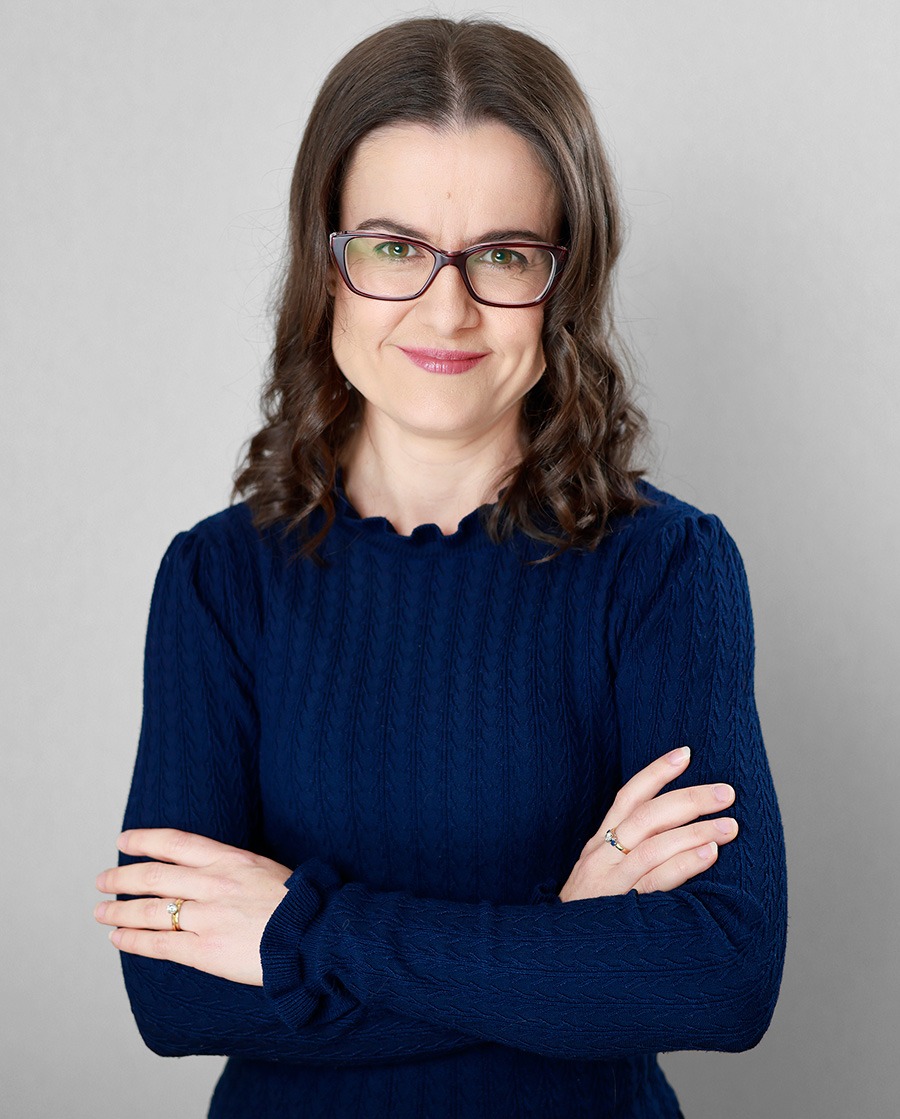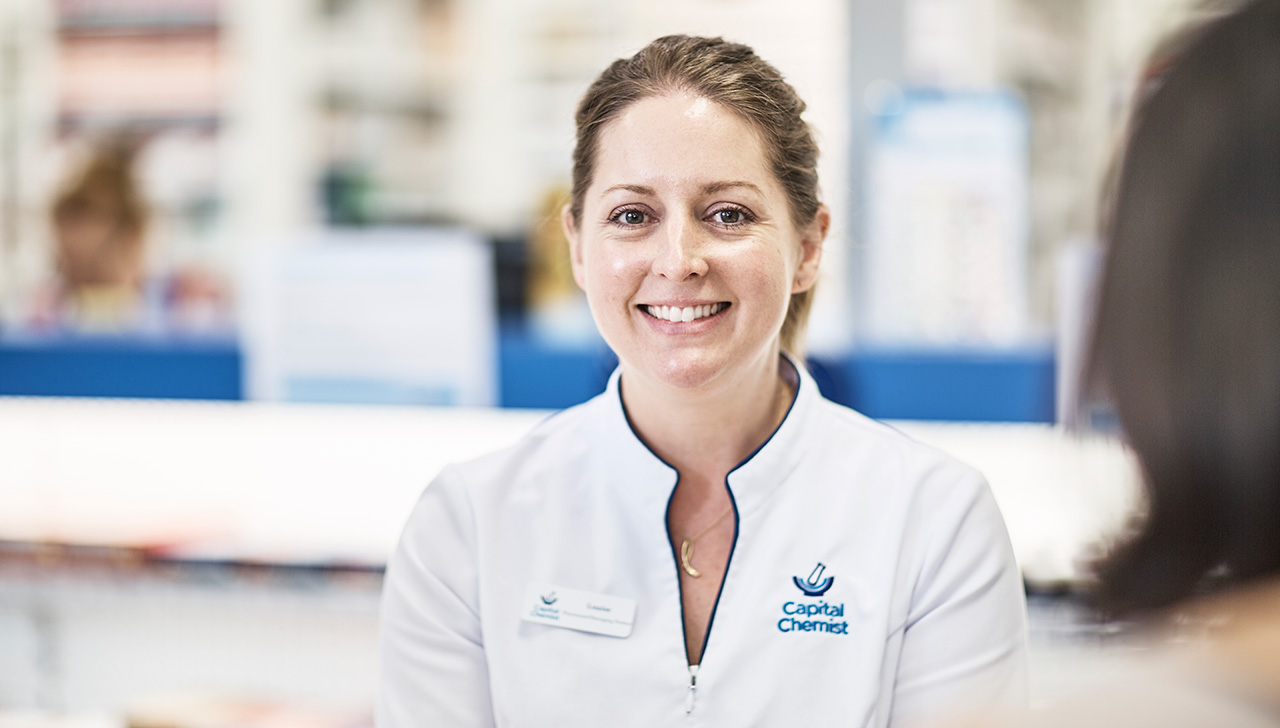With more information than ever about the dangerous effects of smoking, pharmacists are there to assist patients on the road to quitting.
Smoking is the single most preventable cause of ill health in Australia, said CEO of the Lung Foundation Australia Mark Brooke, killing more than 15,000 Australians every year.
‘About 40% of smoking-related deaths are due to lung cancer and 27% to chronic obstructive pulmonary disease (COPD),’ he said.
‘Smoking can also lead to worsening of asthma and is a risk factor for cardiovascular disease and stroke.’
New research from the Daffodil Centre also linked smoking to 12 other types of cancers, including larynx, liver, oesophagus, bladder, pancreas, head and neck, stomach, colorectum, kidney, gallbladder, and cancers of unknown primary site.
The research found that even ‘light smoking’ (1–5 cigarettes a day) increased the risk of developing lung cancer by 10-fold.
For heavier smokers, the lifetime risk of developing lung cancer is staggering, ranging from 14–16% (1 in 4) for those who smoke more than 35 cigarettes a day, as opposed to 1% risk (1 in 100) for those who have never smoked.
Any time is a good time to quit
There are immediate benefits to quitting at any age, Mr Brooke told Australian Pharmacist.
‘By stopping smoking, patients decrease the risk of lung and other cancers, along with heart attack, stroke and chronic disease,’ he said.
‘Quitting at age 50 halves the hazard; stopping at 30 avoids most of it.’
There are even health benefits to quitting if a patient has been diagnosed with a smoking-related disease.
‘If a person with COPD is still smoking, by quitting they can slow the rate of deterioration of their lung function,’ Mr Brooke said.
Pharmacists can play a critical role in this via informative and supportive conversations with patients about quitting, he said.
The subtle approach
For Clare Anderson MPS, managing pharmacist at King Island Pharmacy off the coast of Tasmania, the best way to help her patients quit smoking is when they ask for it.

‘It’s often when they get a big health scare,’ she said.
‘We have a couple of patients who recently had heart attacks, so they decided to quit.’
As Ms Anderson’s pharmacy is the only one on the island, she is careful not to alienate her patients by constantly bringing up cessation.
‘You don’t want to make people feel like they can’t come in here and be human,’ she said.
It’s also about picking the right opportunity. With long-term patients, she might throw a joke into conversations about their ‘fresh air sticks’, to keep the conversation light.
With those who have other health concerns, she takes a holistic approach.
‘When someone’s just been told by the doctor they’ve got diabetes or high blood pressure, I’ll have a chat with them about the things they can do to help, such as increasing their vegetable intake and cutting back on cigarettes,’ Ms Anderson told AP.
‘I find it the most effective when it’s delivered as part of a package, so it’s a group of things that we could aim at improving.’
Ms Anderson feels she offers the most value around smoking cessation when she discusses the options with patients.
‘Sometimes the lozenges work better because the packaging gives them something to do with their hands, while other people prefer tablet options.’
‘It’s important to remind people that it’s not just quitting, it’s staying quit, and having plans in place and tools to rely on.’
Strategies to stay quit
While some patients may think they have kicked the habit for good, Ms Anderson recommends a backup strategy for when life gets in the way.
‘If you’re moving house or you broke up with your boyfriend – those kinds of things can lead you to revert back to your comfort zone,’ she said.
‘So it’s important to remind people that it’s not just quitting, it’s staying quit, and having plans in place and tools to rely on.’
This could mean a patient having an emergency stash of nicotine gum or lozenges in their house or handbag in case of a crisis, or having a glass of water or taking a stroll around the block when a craving sets in.
Patient education
Maryborough, 168 kilometres northwest of Melbourne, belongs to a shire that has one of the highest rates of smoking in Australia.
Reflecting on this, intern pharmacists Laura Carfrae MPS and Elisa Luu MPS, who work in Maryborough’s Priceline Pharmacy, put together a smoking cessation health promotion session, delivered on World No Tobacco Day via Zoom, due to Victoria’s snap lockdown. The health promotion was designed to both educate the community while supporting the interns’ progression through PSA’s Intern Training Program.

While they addressed the danger smoking poses to lung health, they also shed light on some of the lesser known adverse effects, such as erectile dysfunction, osteoporosis and impaired fertility.
‘We went through all the different types of nicotine replacement therapy and discussed using them together, such as an oral one and a patch to help with cravings,’ Ms Carfrae said.
‘We also talked about some of the other options for smoking cessation, like Zyban and Champix.’
They also discussed some of the myths associated with smoking cessation, including that smoking ‘light’ cigarettes is beneficial, that nicotine replacement is just as dangerous and that the resultant weight gain is worse for your health than smoking.
A pervasive myth that can hinder patients’ ability to quit is that if they’ve been unsuccessful a couple of times, then they don’t have the willpower to stop, so why bother.
‘It can take 8–10 times for someone to successfully quit and then maintain it after that,’ Ms Carfrae said.
‘So don’t be discouraged. Maybe next time you’ll be successful, and each time [you try] you learn something new about yourself.’
These education sessions are helpful, Ms Carfrae said, as they let patients know they have options, and that pharmacists are always there to provide support and guidance.
Importantly, pharmacists are also there to simplify the process.
‘The instructions for how to use all of the different types of nicotine replacement can be quite overwhelming,’ Ms Carfrae said.
‘We can cut it down to the things you really need to know to be able to use the products effectively.
‘That’s where we can add value,’ she added.



 Kelly Abbott MPS[/caption]
Kelly Abbott MPS[/caption]


 Owner of Canberra's Capital Chemist Southlands Louise McLean MPS.[/caption]
Owner of Canberra's Capital Chemist Southlands Louise McLean MPS.[/caption]

 Supplied by CSL Seqirus[/caption]
Supplied by CSL Seqirus[/caption]







